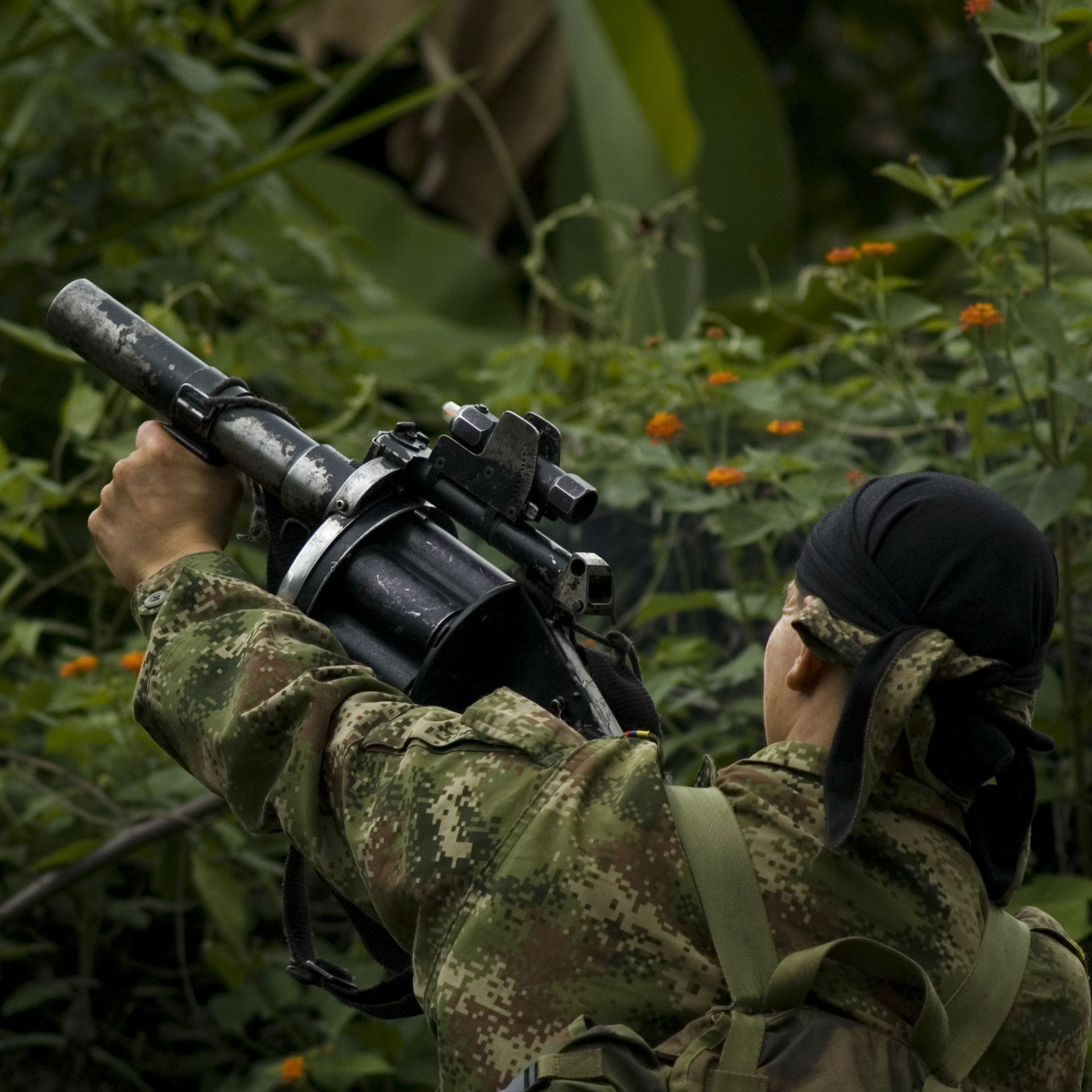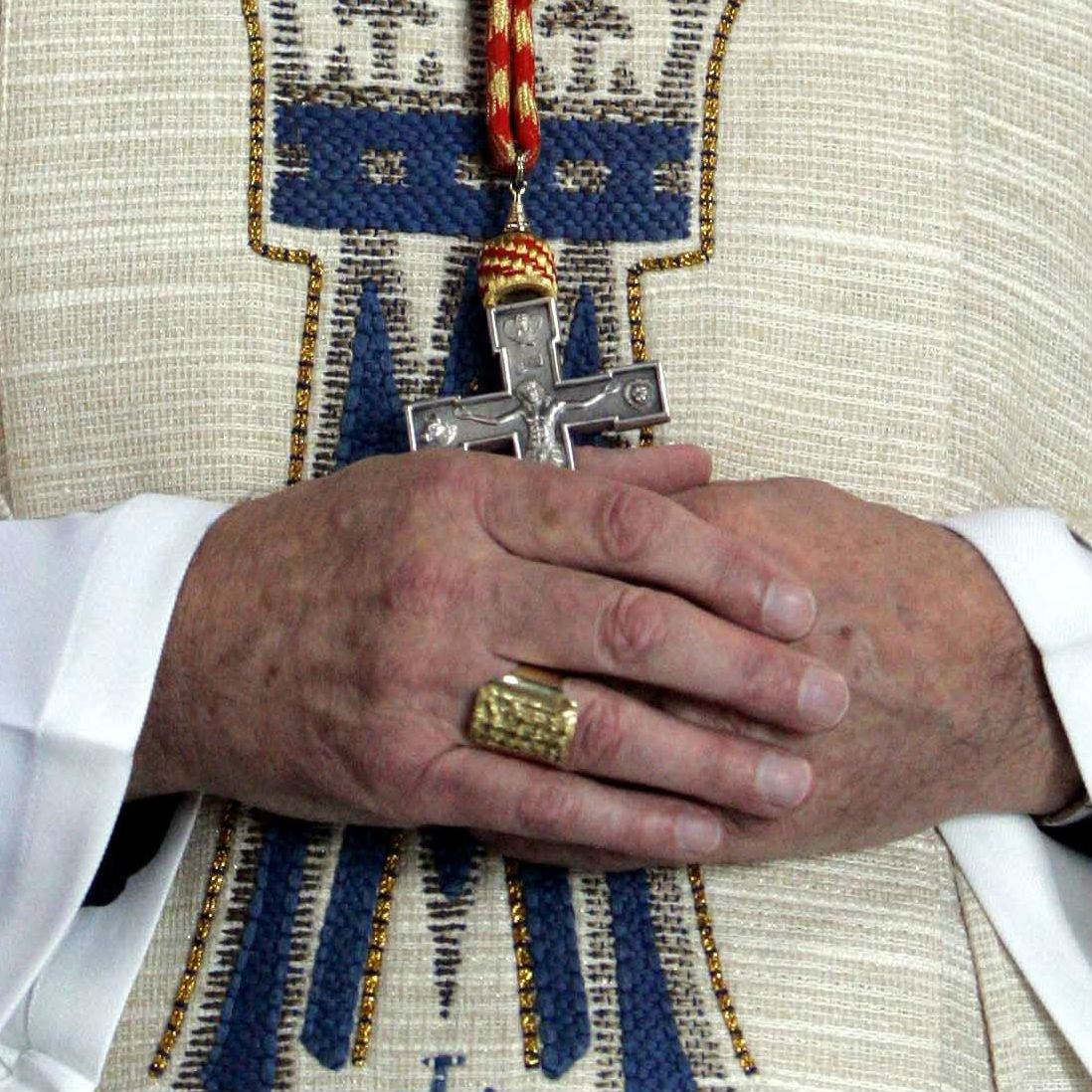Catholic experts have told an Australian government commission that the church needed to re-examine its culture of clericalism if it wanted to help put an end to clergy sexual abuse.
Several experts also told the Royal Commission into Institutional Responses to Child Sexual Abuse that the church needed the commission's help to get on the right track.
"The mismanagement of the church is the business of the Royal Commission, in my view, because it has led to the situation that this church is in. If this was a business, we'd be shut down a long time ago," said Dr Michelle Mulvihill, psychologist and former Sister of Mercy who has worked with religious orders.
Mulvihill and three others testified on 7 February before the Royal Commission as it wraps up more than three years of investigation into the Australian Catholic Church's response to child sexual abuse. During the initial hearings on 6 February, the commission reported on summary data showing that between January 1980 and February 2015, 4,444 people made allegations of child sexual abuse that related to more than 1,000 institutions. The statistics did not differentiate between allegations and proven cases.
During three weeks of hearings, the commission was expected to discuss the church's theology and doctrine, structure and governance, including the role of the Vatican and canon law, and issues like celibacy, confession and more.
US Dominican Father Thomas Doyle, who served as a canon lawyer at the Vatican nunciature in Washington and spent decades working with abuse victims, told commission members he hoped their report would have a profound effect in the Vatican. He urged the commissioners to prioritise care for the victims.
"If you want to recommend one thing, it is that there has to be a primary concern on the care of the present victims, the ones who are there, those whose souls have either been damaged beyond repair or who are seriously suffering," he said.
"Listening - letting them cry, be angry, yell, scream, whatever.. and trying to help the people understand, you know: 'You aren't guilty of anything,'" is "more important than all the protocols, all the structures, all the policies, all the paperwork, all the talk, talk, talk that has been going on," said Father Doyle.
As the commission looked at how institutional structures could allow such abuse to occur, several cited the culture of clericalism.
Father Doyle called clericalism "a virus that has infected the church," leading to a culture of cover-up because people believe that churchmen "are in some form or way sacred and above ordinary people, and because of this sacredness, because of their importance, they must be held as more important and protected more."
He said he has encountered a culture that protects the church's image at all costs. "And in the theology that I believe in, there is no office in the Catholic Church or anywhere else that is so important that it justifies sacrificing the welfare of one innocent child. Period."
He also praised Pope Francis, saying he "has done what hasn't been done in history. He has actually laicised three or four bishops."
Salesian Father Francis Moloney, a professor and senior fellow at Australia's Catholic Theological College, also spoke of clericalism. Father Moloney, a former member of the International Theological Commission and former dean of the School of Theology and Religious Studies at The Catholic University of America, Washington, described the culture this way:
"I mean, we're basically dealing with a structure that is a pyramid, where you have the point at the top and everything flows down from the top ... with all the possibilities of use and abuse of power that take place in that sort of situation, leading also to the appointment of fragile leadership, people who won't bite the bullet, who wait for advice from upstairs. All those institutional things played into this - clericalism. "
Father Moloney told the commission that after the Second Vatican Council, structures were put into place to flatten the pyramid: the use of episcopal vicars, the requirement of parish councils.
"As with so many other things ... many of these things were acted upon, maybe in the first heady years, but have receded in many dioceses, which has been a return to the pyramid structure. So much less work is being done in many places by these pastoral councils, both at a diocesan level and at a parish level, which means the bishop and the parish priest tend to become the lawmaker," he said.
"It's all about power, isn't it?" asked Mulvihill. "All roads lead to Rome. It's all about who's in charge."
Mulvihill said the church needed a system of compulsory registration for active priests and religious. She said that as a registered psychologist, she had certain standards and continuing education she had to meet or she would get fired, and she indicated religious working with vulnerable people should face the same standards.
Neil Ormerod, professor of theology at the Australian Catholic University, said when he began working at seminaries, he noticed they "had courses on the theology of priesthood and the morality of marriage, and what they really needed were courses on the theology of marriage and the morality of priesthood."
Seminaries "have a very fine theology of priesthood, but they don't know anything about the ethics of priesthood, about the use of power, and there are many ways in which priests misuse power. And the sexual abuse issue is just another one of those," he said.




 Loading ...
Loading ...